Burnout is inevitable, and also not normal
Happy Mother's Day, late, because we need so much more than A Day.
Someone in my comments pointed out that unschooling resulted in severe burn out, and I thought that was very relatable.
The truth is I really don’t think we (and when I say we, I really mean overwhelmingly mothers and femmes) were supposed to single-handedly be responsible for our child’s well-being AND education, while also somehow keeping ourselves alive and our home in a functioning state.
A recent study found that 90% of homeschooling is carried out by mothers. Surely this is a load that was supposed to be shared amongst community members, rather than assigned to one person (who is sometimes a single parent)? And this is where the idea of homeschooling once again dangerously veers into right-wing territory: it is fundamentally rooted within the nuclear family, and in many ways depends on the nuclear family to succeed.
Many of us who homeschool rely on our spouse or partner to work for pay. I know some families where the home education is shared between both parents or carers, and others where a single parent is homeschooling, but these seem to be the exception.
Anecdotally I’ve found that most homeschooling families have one parent who takes on the childcare and home ed load, sometimes while doing some part-time paid work, and another parent who is the breadwinner. It seems like a very imperfect solution, especially right now when the cost of living is rising and most households rely on two incomes. In fact, a significant proportion of homeschoolers are in lower income brackets perhaps because both parents aren’t able to work full-time, although this is hard to prove since statistics on homeschooling families’ incomes are hard to come by.
I know that some of us have a degree of family or community support: family members nearby, groups we attend and even perhaps leave our children at for the day, co-ops, friends to rely on. Still, it’s hard. And while I have many of these options at the moment, I’ve also had periods of having none and it was definitely burnout territory much of the time.
Western homeschooling is often framed as a parental rights issue, as a way for nuclear families to take back our time and children from a system that is undoubtedly sometimes harmful. This feels really icky to me, because not only does it imply parental ownership of children and sometimes serve to further isolate and disempower children, but also because it sets up a binary between the state and families. Who do we trust to make decisions for children?
Perhaps in our current reality this binary holds, but perhaps it’s also partly manufactured and frankly unimaginative. I believe firmly that in a different society and world, all of us would be concerned with children’s wellbeing and education. It would not be a case of one entity versus another, of transferring ownership of children as if they are property. It would be a case of seeing children as people and of adults rallying around this one concept,
It would be a collective issue, not one that gets monopolised and politicised as the domain of parents, or the responsibility of government. Not one that gets used as a way to remove state control over children and hand it over to parents, or to remove parental control and hand it to the state.
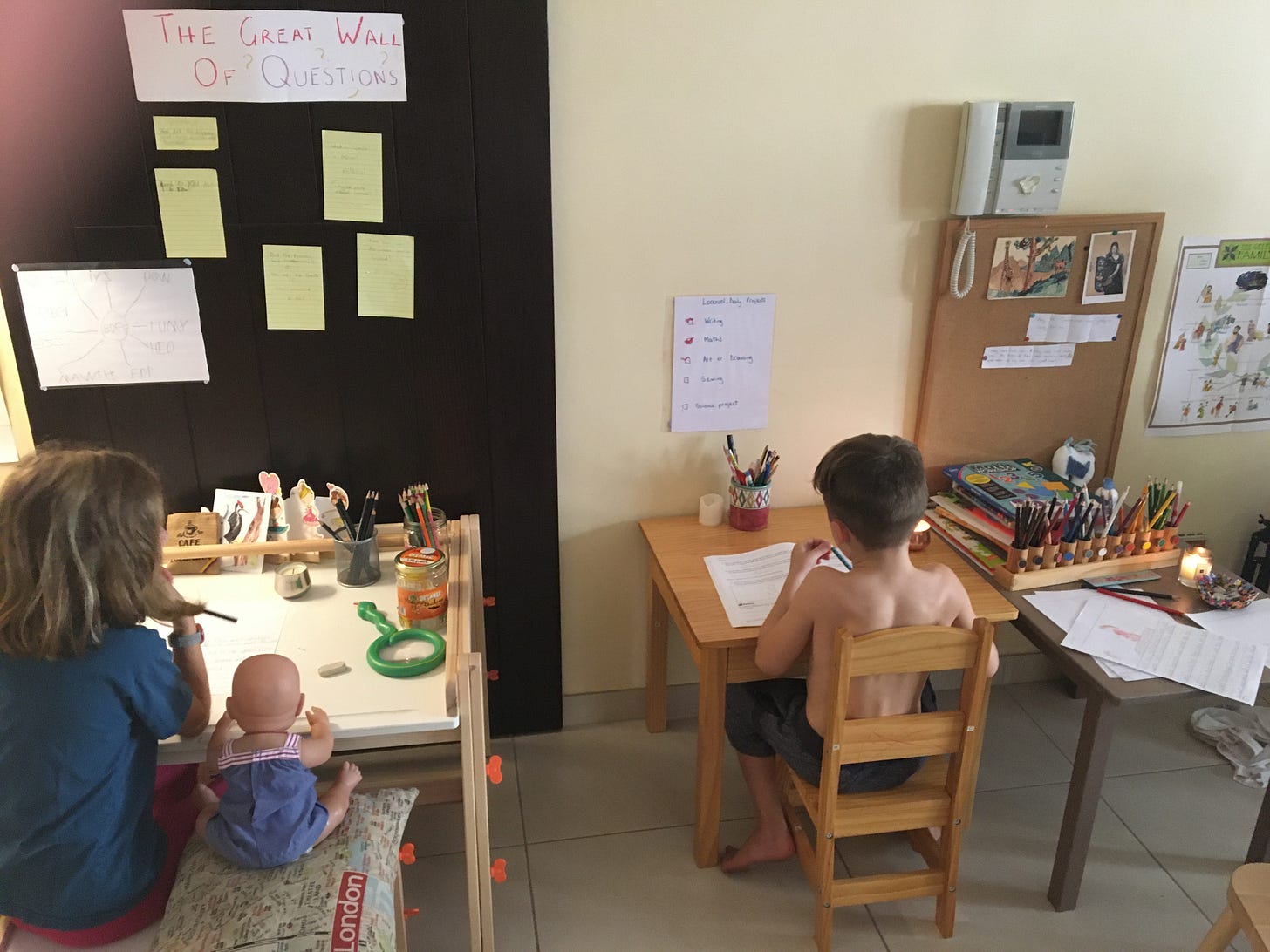
While I don’t think school is necessarily good for many children, I’m not convinced that mothers sacrificing their sanity, work, financial independence, creativity and so much else for the sake of divesting from schooling, or of providing what they believe is a better, safer education, feels entirely right.
I don’t regret doing what we do, I don’t really view it as a sacrifice, AND there have been things I have had to relinquish that my husband has not. I love being home with my children, AND perhaps I don’t want to be doing ‘invisible’, unacknowledged work all the time.
Unschooling or home education simply is not a viable recipe for caring for and guiding children; it is only this when we feel we can reliably count on (mostly) women working for free. And no, no amount of using tradwives as marketing tools for motherhood is going to persuade me that mothering should be an individualistic, isolated and yet somehow also fulfilling endeavour.
I have echoed so many others in saying that mothering is radical and revolutionary, while also acknowledging that we don’t need to be martyrs to the cause.
I have come to recognise that parental rights are both a weapon and a prison for mothers and carers. They allow us to claim we know best what to do with our child (which can often mean protecting them from harm, getting them the support they need, and more) while also consolidating the idea that a child’s development and education are the domain of the nuclear family and therefore, inevitably, our full responsibility.
I don’t have solutions either. We would need such a radical shift in the way our communities operate, in the ways we see children, in our understanding of what education is and what success is, in our conception of freedom, in our entire economy and institutions, to ensure that children could grow and play and learn freely within communities that acted as safe, supportive, guiding containers.
Because how many times have we all said we would like the mythical village we’re supposed to be raising our children in, only to realise that actually the village would probably have a ton of ideas and attitudes and behaviours that we don’t particularly endorse. The village, if it was made up of a random assortment of your family members and neighbours, might actually kind of suck. Like, would the hypothetical village understand neurodivergence, or consent, or partnering with young people? Would it be on board with the values we care about? Unlikely.
Perhaps the first step is acknowledging that actually, if we’re utterly burnt out and struggling, our experience is the norm under the conditions we find ourselves in: unvillaged but also recognising the village is no longer an option for us.
Burnout is the norm, but it’s not necessarily normal.
Normal would be children growing up respected, heard and supported. Normal would be valuing mothering. Normal would be co-creating collective solutions to care for and educate children, rather than arguing over who ‘owns’ them and can therefore make decisions for them. Normal would probably not be the village, it would need to be something entirely new and different because colonial capitalism. There is no going back to some idea of the village that perhaps existed before we decided to pursue conquest and extraction.
This post is not particularly comforting, I realise. I have gone through enough cycles of exhaustion and then picking myself back up to know that there is probably another cycle right around the corner, and that often it’s unavoidable if I want to prioritise certain things all at once. I don’t have another way, because I don’t exist in another reality. But at least I can recognise that it’s not that I’m doing something wrong: it’s that things need to change on a much larger scale, and neither schooling nor unschooling will solve our problems.
Thank you for reading! If you would like to support my writing, and also get some extra perks (unschooling book group, anyone?!), please consider becoming a paid subscriber.
Sharing my posts also really helps :)
Fran x
If you enjoyed this post, you might also like:
Supporting children's rights in 2025
(this post is long, it may not fit in your email - click on the link and read it online)


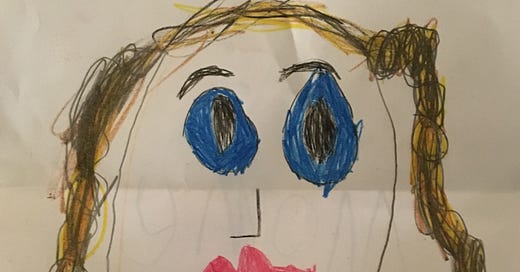



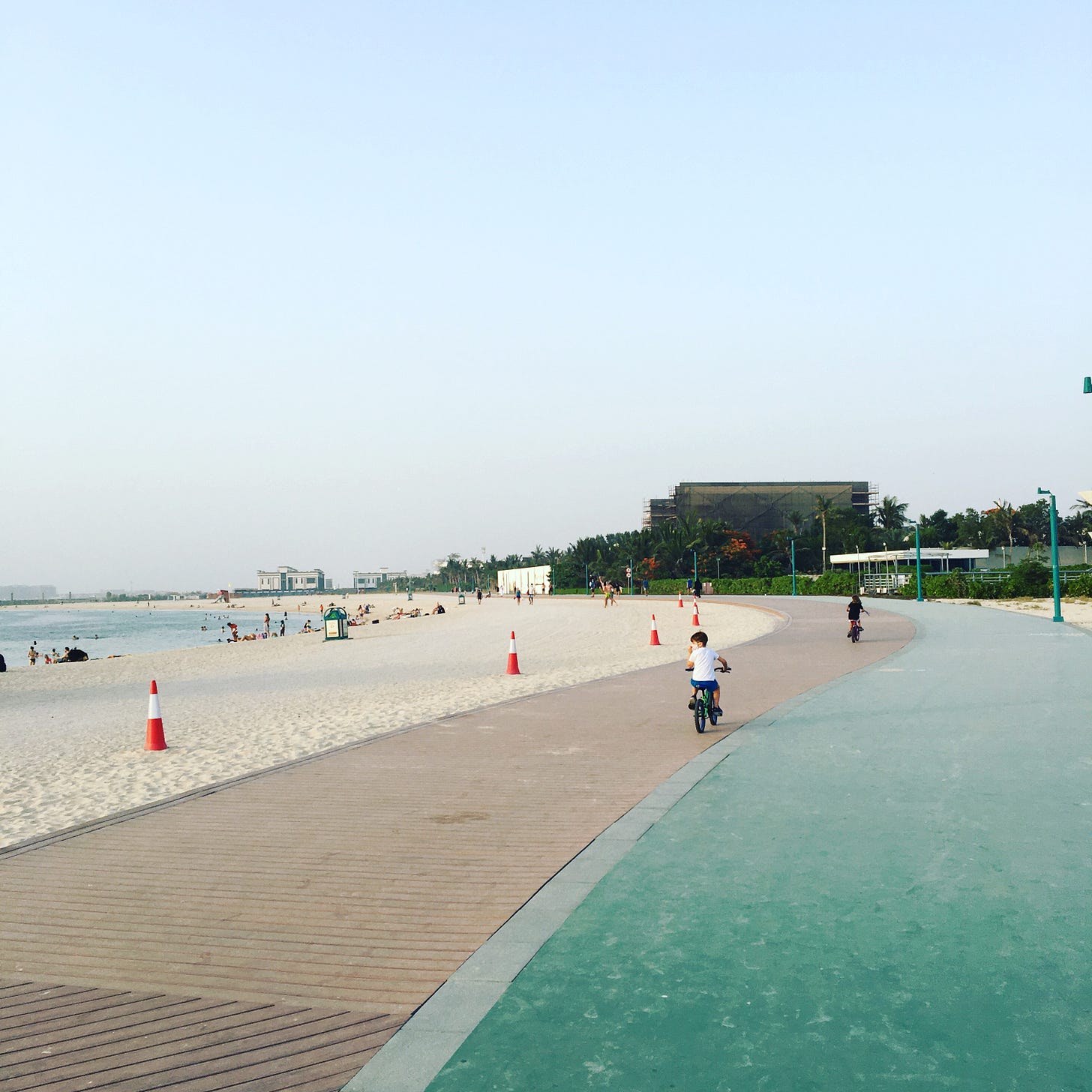
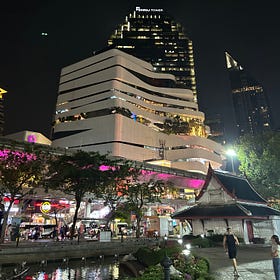
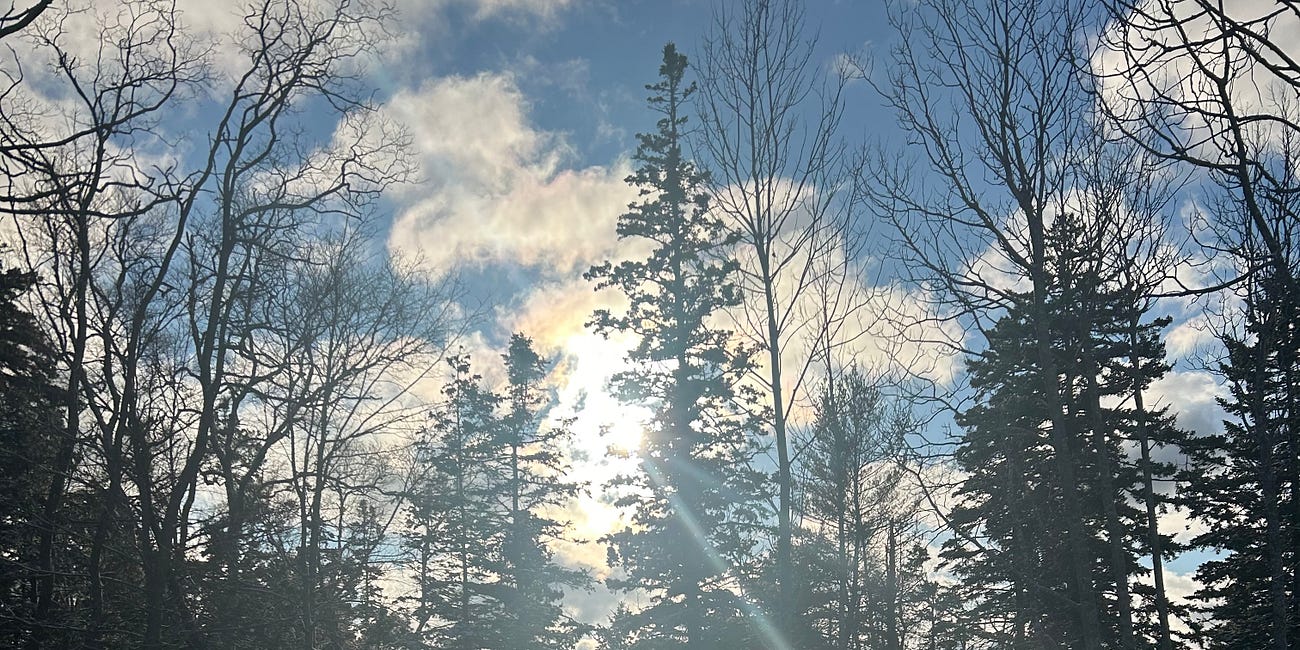
Yes, yes, yes to all of this!! I truly could not relate more!
I feel like you're in my brain reading my thoughts and putting into words what I struggle to articulate. I truly agree with every single bit of this!